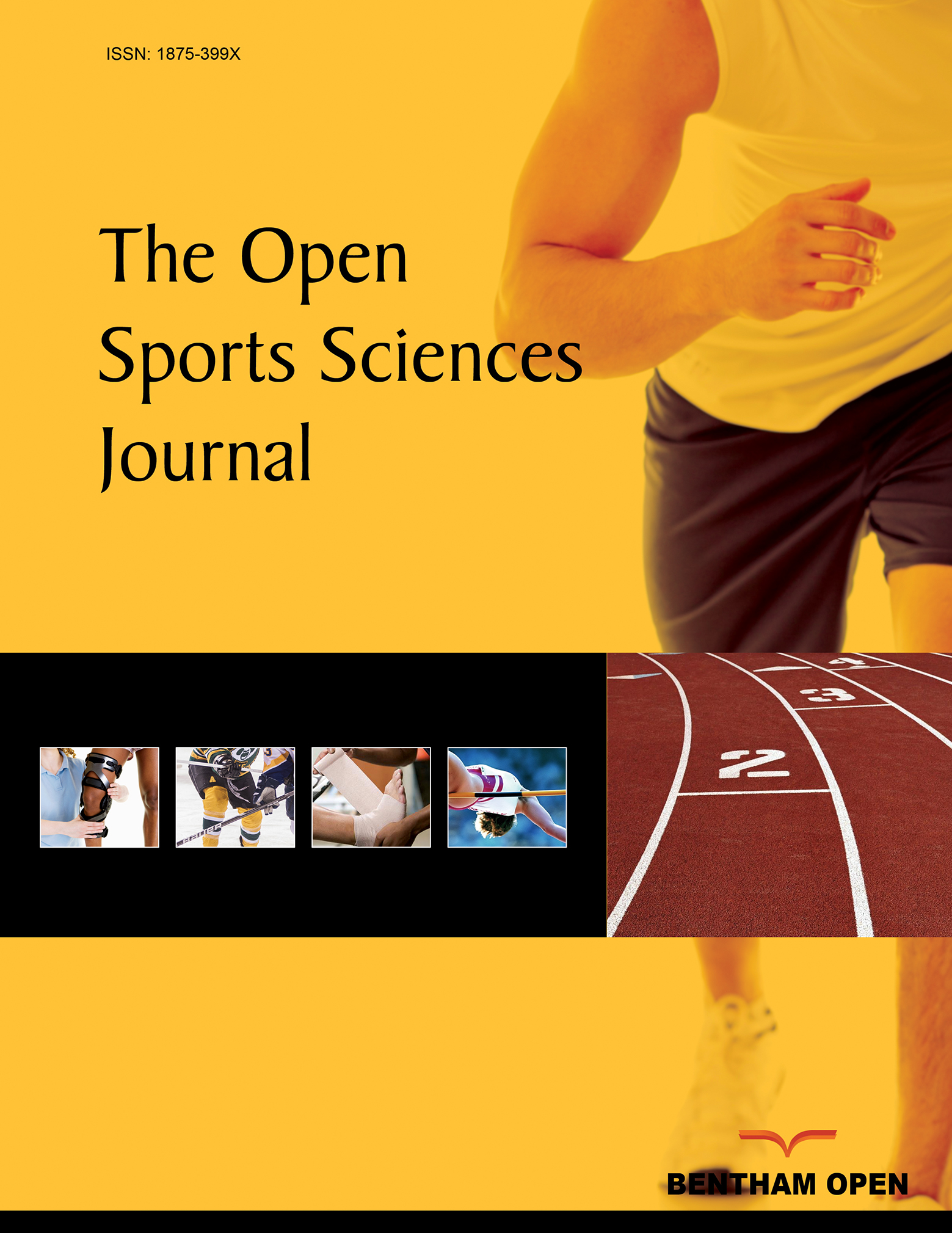Physical Performance and Decision Making in Association Football Referees: A Naturalistic Study
Abstract
Although researchers have independently investigated the physical and decision-making (DM) demands experienced by sports officials, the combined impact of locomotion and physiological factors upon DM has received little attention. Using an innovative combination of video and Global Positioning System (GPS) technology this study explored the movement, heart rate (HR) and DM of experienced football referees in their natural performance environment. A panel of independent referees analysed incidents (n = 144) taken from five referees in seven games in the New Zealand Football Championship (2005/06). The match-day referees made accurate decisions on 64% of the incidents, although their accuracy levels were not related to variables such as movement speed, HR, and cumulative distance covered. Interestingly, referees were on average only 51% accurate in the opening fifteen minutes of each half compared to 70% accuracy at all other times. This study demonstrated that it is possible to combine new emerging technologies to conduct a comprehensive study of naturalistic decision-making in sport.


